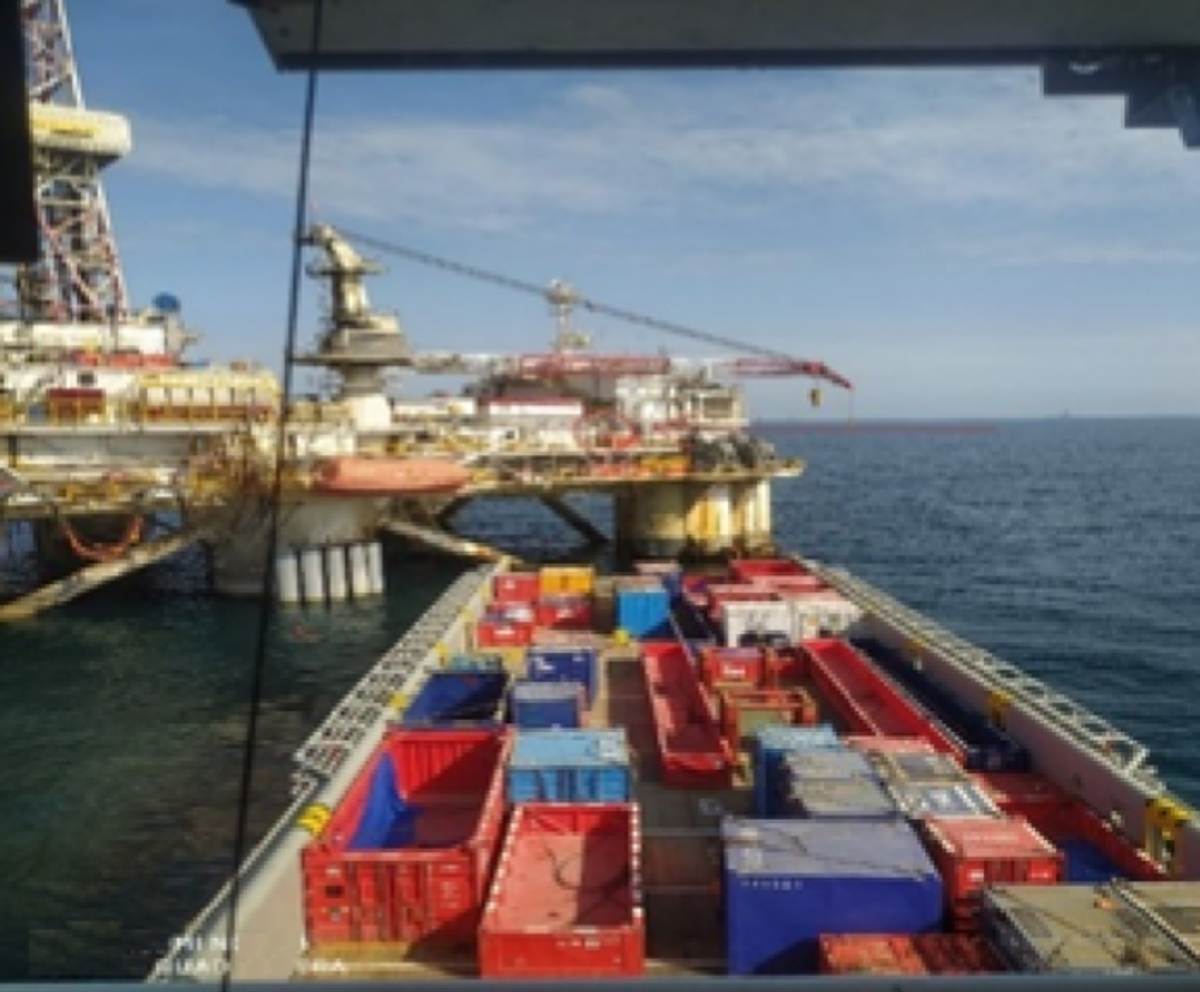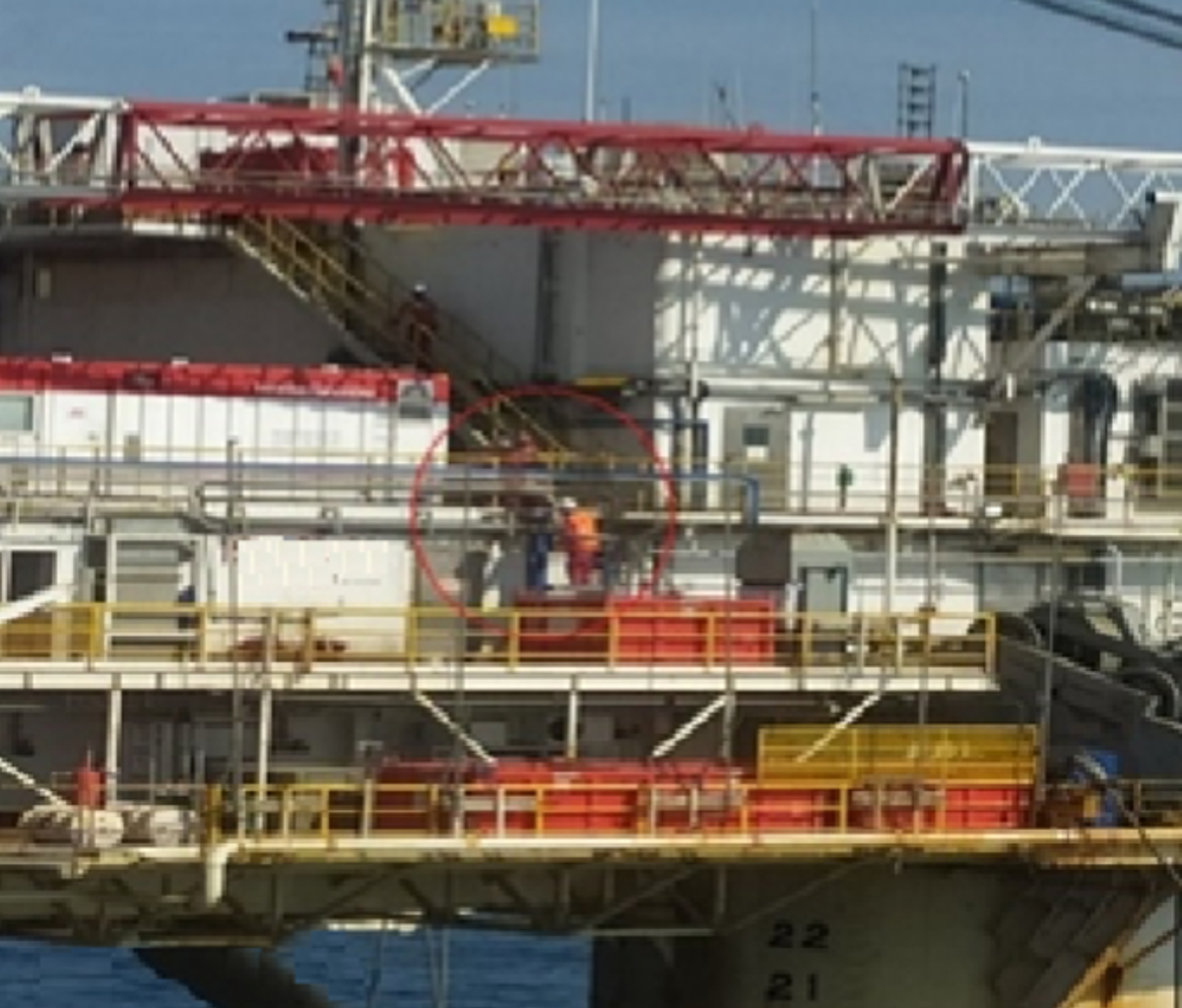Positive: Master stopped unsafe fuel transfer whilst vessel alongside rig
- Safety Flash
- Published on 13 November 2023
- Generated on 25 February 2026
- IMCA SF 26/23
- 1 minute read
Jump to:
During fuel transfer operations alongside a semi-submersible rig, the officer on watch on the supply vessel PSV observed welding work being undertaken on the deck of the rig.
What happened?
The vessel bridge immediately communicated this information to the rig control room using VHF, challenging why bunkering and hot work activities were being carried out simultaneously.
Stop Work authority was applied; the vessel stopped fuel transfer.
What went right?
The vessel bridge team immediately intervened and challenged the unsafe condition of hot work (potential fire risk) taking place in close proximity to fuel transfer.
The unsafe condition was reported immediately to the client and to company management.
The client’s rig management team positively recognised the vessel’s intervention and initiated an investigation of failure of communication to prevent re-occurrences.

PSV alongside semi-submersible rig, observes hot work being conducted while fuel transfer operation in progress

Hot work observed by crew (orange figure on deck, circled)
What went wrong?
- That hot work was taking place, was not communicated to vessel.
- Confirmation by the rig that SIMOPs were occurring, was a mandatory part of the Safety Zone checklist communication process.
IMCA Safety Flashes summarise key safety matters and incidents, allowing lessons to be more easily learnt for the benefit of the entire offshore industry.
The effectiveness of the IMCA Safety Flash system depends on the industry sharing information and so avoiding repeat incidents. Incidents are classified according to IOGP's Life Saving Rules.
All information is anonymised or sanitised, as appropriate, and warnings for graphic content included where possible.
IMCA makes every effort to ensure both the accuracy and reliability of the information shared, but is not be liable for any guidance and/or recommendation and/or statement herein contained.
The information contained in this document does not fulfil or replace any individual's or Member's legal, regulatory or other duties or obligations in respect of their operations. Individuals and Members remain solely responsible for the safe, lawful and proper conduct of their operations.
Share your safety incidents with IMCA online. Sign-up to receive Safety Flashes straight to your email.